No products in the cart.
Post-adoption Coaches For Adoptees And Parents
Post-adoption coaches for adoptees and parents are professionals who provide guidance, support, and resources to individuals and families after the adoption process has been completed. These coaches help adoptees and their parents navigate the unique challenges and transitions that can arise following adoption, with the goal of promoting positive adjustment, strengthening family relationships, and enhancing overall well-being.
Here are some key roles and responsibilities of post-adoption coaches for adoptees and parents:
1. **Emotional Support:** Post-adoption coaches offer emotional support to adoptees and parents as they navigate the complexities of adoption-related issues, including identity formation, attachment, loss, and grief. They provide a safe and nonjudgmental space for individuals to express their feelings, process their experiences, and receive validation and empathy.
2. **Information and Education:** Coaches provide adoptees and parents with accurate and up-to-date information about adoption-related topics, including legal rights, adoption processes, reunion searches, and post-adoption services. They help individuals understand their options and make informed decisions that align with their needs and preferences.
3. **Advocacy:** Post-adoption coaches advocate for the rights and best interests of adoptees and their families within various systems, including schools, healthcare settings, and community organizations. They help individuals navigate bureaucratic hurdles, access needed services and resources, and address any discrimination or stigma related to adoption.
4. **Skill-Building:** Coaches offer practical strategies and skill-building exercises to help adoptees and parents develop coping skills, communication techniques, and problem-solving abilities. They may provide training in areas such as effective parenting techniques, managing adoption-related stress, and promoting healthy attachment relationships.
5. **Reunion Support:** For adoptees and birth parents involved in reunions, coaches offer guidance and support throughout the process. They help individuals manage expectations, set boundaries, navigate complex emotions, and establish healthy communication patterns with biological family members.
6. **Connection to Resources:** Coaches connect adoptees and parents with a network of adoption-related resources, including support groups, counseling services, educational workshops, and online forums. They help individuals access the support and information they need to address their unique needs and challenges.
7. **Long-Term Planning:** Coaches assist adoptees and parents in developing long-term plans for ongoing support and growth beyond the immediate post-adoption period. They help individuals anticipate future challenges, identify potential resources, and create strategies for maintaining healthy family dynamics and individual well-being.
Overall, post-adoption coaches play a vital role in supporting adoptees and their families as they navigate the lifelong journey of adoption. Through their guidance, advocacy, and expertise, coaches help individuals build resilience, foster meaningful connections, and thrive in their post-adoption experiences.

